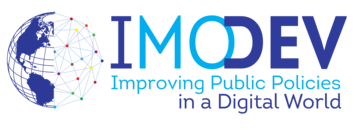Smart Cities & Open Gov.
Salle / Hall : FIE - Salle du Théâtre
Horaire / Schedule : 11h00 - 12h20
Président de séance : Fabro Steibel (Instituto de Tecnologia & Sociedade do Rio de Janeiro)
Langue / Language : English
Open government is coming to cities. Not only the sub-national pilot programme has brought cities to OGP, as well as smart city enterprise are challenging the role of open government in urban spaces.
Speech 1. Circular Cities in a Digital World: Governance Implications
Teodor Kalpakchiev - Collège d’Europe (Bulgarie)
The paper will review the role a Circular Economy would play both in cities situated in developed and developing countries. It reviews the macro cycle of the Circular Economy which relates to optimization of urban flows, data collection and improvements to participatory governance on the local level. It then reviews horizontal and vertical governance instruments and forums, where best practices can be exchanged in an attempt to answer which would be more effective.
Speech 2. Smart Cities and Open Government
Fabro Steibel - ITS Rio / OGP IRM (Brésil)
Open government is coming to cities. Not only the sub-national pilot programme has brought cities to OGP, as well as smart city enterprise are challenging the role of open government in urban spaces.
Speech 3. Sao Paulo in the Digital Age: Legal and Institutional challenges
Eduardo Tuma - PhD. Senior Professor, Faculdades Metropolitanas Unidas, City Councilman of Sao Paulo (Brésil)
Sao Paulo, Brazil, with its more than 12 million inhabitants, is a good habitat for the anthropological research of the chronic problems of people living in megalopolis. In some ways, modern technological facilities give the population inaccessible utilities to the most privileged social classes of the past. This is intensified in the current digital age where the city each passing day becomes more automated. Automation should be in favor of population and urbanization, and not against it. People are entitled to smart cities and at the same time must be protected against predatory automation. The challenge of modern legislator is to be able to interpret this new social and virtual reality and legislate in favor of a holistic citizenship, including the ecological citizenship.
Speech 4. Open Approaches for Smart Government - Impulses from Germany
Jörn von Lucke - Prof. Dr., The Open Government Institute, Zeppelin University Friedrichshafen (Germany)
Increasing numbers of devices are equipped with sensors, actuators and communication units. These smart object interact with humans as wells as with each other. If they are embedded in more complex, so-called cyber-physical systems (CPS), they can, often via apps, be accessed remotely and initiate processes, e.g. in smart homes. CPS intelligently network real and virtual objects and thereby become self-controlled ecosystems that not only assist in providing and analyzing information but also automatically steer and control processes. Governments need to adapt to these changes and become smart governments, but in an open, transparent and collaborative way. Then they will be capable of using the new possibilities of smart objects and CPS in the Internet of Things and the Internet of Services for an efficient and effective execution of public tasks. The presentation will provide definitions and first visions for smart government, important remarks for an open government approach (based on open data, open standards and open interfaces) and insights to examples from Germany like the citizen-orientated "Zukunftsstadt Ulm".
Speech 5. Dubai Smart City
Khalid Al Razooqi - Director General of Smart Services Department, Dubai Police
Dubai is considered one of the fastest cities when it comes to growth and smart transformation and this all goes back to the fact of having a solid strategy that turned Dubai into a smart city and having all government, semi-government entities contribute & be part of this transformation. Dubai police is considered one of the prominent sectors that played a viral role through its 2016-2021 smart transformation and have executed multiple initiatives for Dubai to become a safe environment by providing secure online services.
Speech 6. Implementation of Smart Cities in Developing Countries
Mkhize Hlengiwe - Deputy Minister, Department of Telecommunications and Postal Services (South Africa)
Cities are becoming smart not only in terms of the way we can automate routine functions serving individual persons, buildings, traffic systems but in ways that enable us to monitor, understand, analyse and plan the city to improve the efficiency, equity and quality of life for its citizens in real time. This is changing the way we are able to plan across multiple time scales, raising the prospect that cities can be made smarter in the long term by continuous reflection in the short term.
A Smart City should enable every citizen to engage with all the services on offer, public as well as private, in a way best suited to his or her needs. It brings together hard infrastructure, social capital including local skills and community, institutions, and (digital) technologies to fuel sustainable economic development and provide an attractive environment for all.



